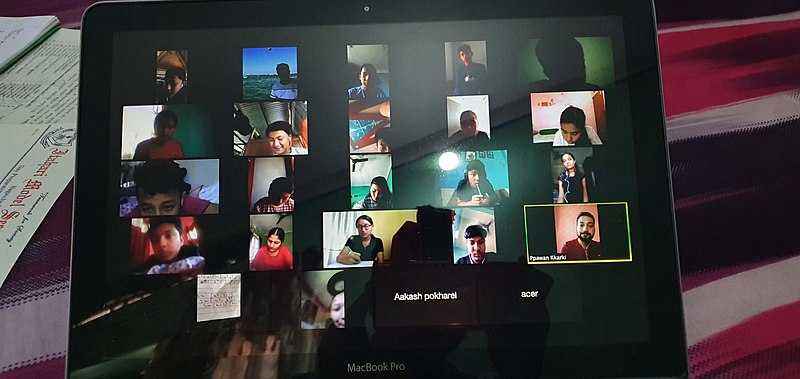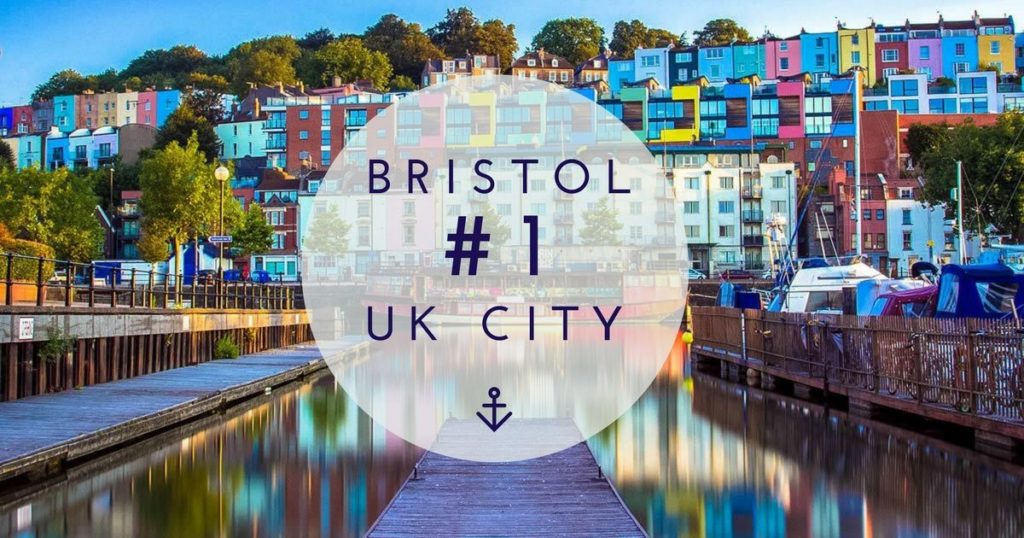Make online events worth your time and budget
Written by Annabel HerzogOnline events are here to stay. As well as the 2021 calendar of public sector tech events open to all, many vendors are looking to organise their own. How can you get the best return on investment from online events, and, if you’re planning on attending some, how can you make them worth your time?
Growing our businesses depends on being able to continue to meet, network and communicate with customers and stakeholders, and, actually, we’re seeing that webinars for B2G vendors are more prevalent than ever. However, as we all know, time has become a precious commodity and attending events and making the best impact is key. Making a memorable first impression with positive outcomes at an online event is, we think, much harder.
We asked some of our Mantis connections to share their advice, which you’ll find below, but would like to start with two pieces of our own. The first is inspired by this LinkedIn post by the brilliant Lisa Forte, shared with her permission.
It’s a simple suggestion – don’t abuse the Q&A. Make sure your contribution is a Q, and that it will illicit an A that inspires the group. As comms people, we know the value of an artfully placed question, but, if it’s not your event, and you’re not on the panel, then be mindful of other attendees’ time.
The second is, if you’re going to an event, and especially if you’re speaking at one – tell people. Digital only events thrive on pre and post event buzz, which can only be created and sustained by social media during a pandemic.
Join the Twitter chats, post on LinkedIn, and connect with people you like the sound of. It’s a small but obvious way to get your name out there. If you’re all over the hashtag, then you’re leading the opinion.
So, how can you host a successful online event and be the best possible digital participant? Here are some interesting insights and top tips from these experts below:
- Louise Stokes, Digital Marketing Director, Digital Leaders UK
- Sam Shah, Chief Medical Strategy Officer, Digital Advisor
- Tanya Filer, Founder and Director, StateUP
Q: What have been the advantages of online events?
- LS: The biggest advantage is that you can have speakers and audience members from all over the world. As much as I love face-to-face events, I absolutely love the thought that a broad range of individuals, from all geographical locations, walks of life and sectors, can gather virtually. In the last 6-months, we have run over 150 virtual gatherings, including an Academy workshop for 40 guests and a large government strategy launch for 800 guests.
Q: How do you create an engaging online event? How do you overcome its inevitable challenges?
- LS: Importantly, what companies keep getting wrong is… Death by PowerPoint. People rely too much on slides and often an interactive, lively panel discussion will deliver much more value.
- SS: Interactivity is key, so use a few polls or the question-and-answer feature to enable others to join in and feel involved. A top tip when measuring the success of the larger online sessions, as there is often not any visibility of audience feedback, is to try to ensure that panel members, or those presenting, can see how many attendees there are and can see any comments or questions. This is because otherwise it can sometimes be difficult to gauge the audience response.
- TF: Yes, you definitely need to understand how to captivate audiences online – keeping things punchy, telling short stories to illustrate their points etc. – as they compete for attention with all the other activities going on in people’s homes.
- LS: If you do opt for a collaborative event or roundtable, it is a really good idea to have a strong host to facilitate conversation. This is essential in ensuring that everyone has an opportunity to speak and that they feel comfortable in the room. Having someone on stage that can choose questions from the audience and introduce speakers will make sure that everything flows smoothly from there.
- SS: Try and stick to a schedule, as the online world inevitably means that people have very full diaries. Moreover, providing a good briefing on the topic area and what is expected in the session is not only helpful, but also allows for a more productive session. Therefore, if you want a guest to speak or give a brief overview, then tell them in advance and not during the session. [box out] Overall, I find panel sessions with 2 – 3 people are more engaging than solo presentations or panel discussions with more than 4 people.
- TF: Something to note is that there is a difference between good public speakers and good “Zoom” public speakers. Choose individuals who understand the medium, who will not (at least obviously) be reading speeches off their computer and who recognise that one of the perks of an online format can be less formality.
Q: Do you have any tips on how to prepare for an online event?
- SS: Firstly, it is important to establish the time commitments and schedules of panellists or hosts. For example, will they need to participate in preparatory calls? If so, how long and how many? For the event itself, will there be sound checks? and will they have to join early?
- LS: Importantly, when you are thinking about running an online event, make sure you have a particular event manager focusing on content and then have another person looking after the technical delivery. One of the biggest challenges is technology as it does not always work perfectly. Sometimes the microphone can give feedback and speakers, or delegates may lose connection in their households.
- SS: If you are using a platform that is less known, then ensure someone is available to help guide your participants on how to use it. If you are expecting delegates to join in, try and forewarn them so they know you may ask them to speak or discuss topics. In terms of choosing what day and time to host your event, there is no right answer. Yet, we often see events being held on Tuesdays and Thursdays and they take place either in the morning, lunchtime, or afternoon so it does not interrupt too much of the workday.
Q: Say the Covid restrictions were lifted, would you go back to hosting entirely in person events?
- LS: Overall, the part I miss the most about in person events would be the decorations, the lights and the music. There is so much more to an event than networking or hearing the speakers. However, when COVID-19 restrictions are lifted, we would adopt a mixed strategy. Our virtual networking and stage events have proven to be very accessible and almost as valuable as the real thing.
For any further advice or support on virtual events or tech pr, please do get in touch with the team



